How This Entrepreneur Transformed An Ailing Family Business Into A Multi-Million Dollar Conglomerate In Madagascar
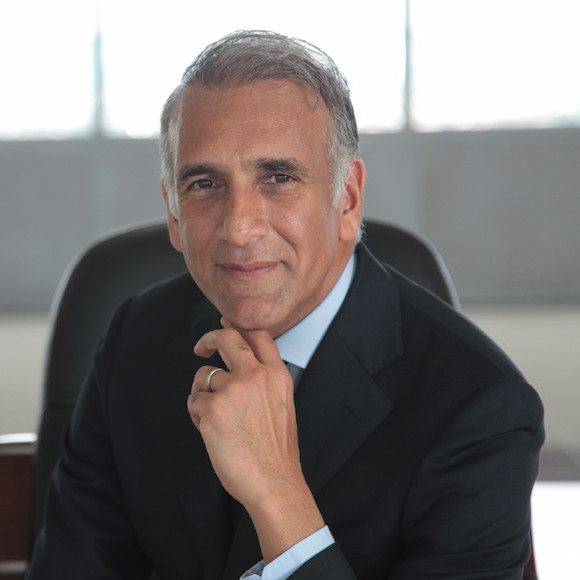
Some one hundred years ago, a traveler sailed away from the shores of Gujarat, India, and after several weeks of surviving the ravages at sea, he docked at Belo Tsiribihina; a small, quiet town on the Malagasy coast.
He had left India for Africa because opportunities were scarce in his homeland at the time and Africa offered a better prospect. And true to that, it was on that piece of land on the southwest of Madagascar that the seed for what was to eventually become a conglomerate was sowed.
That traveller was Merally Manjee; paternal grandfather to renowned African entrepreneur, Ylias Akbaraly, who has since transformed the small trading business started by the old man into what we now know as Sipromad Group – one of the largest private companies in Madagascar.
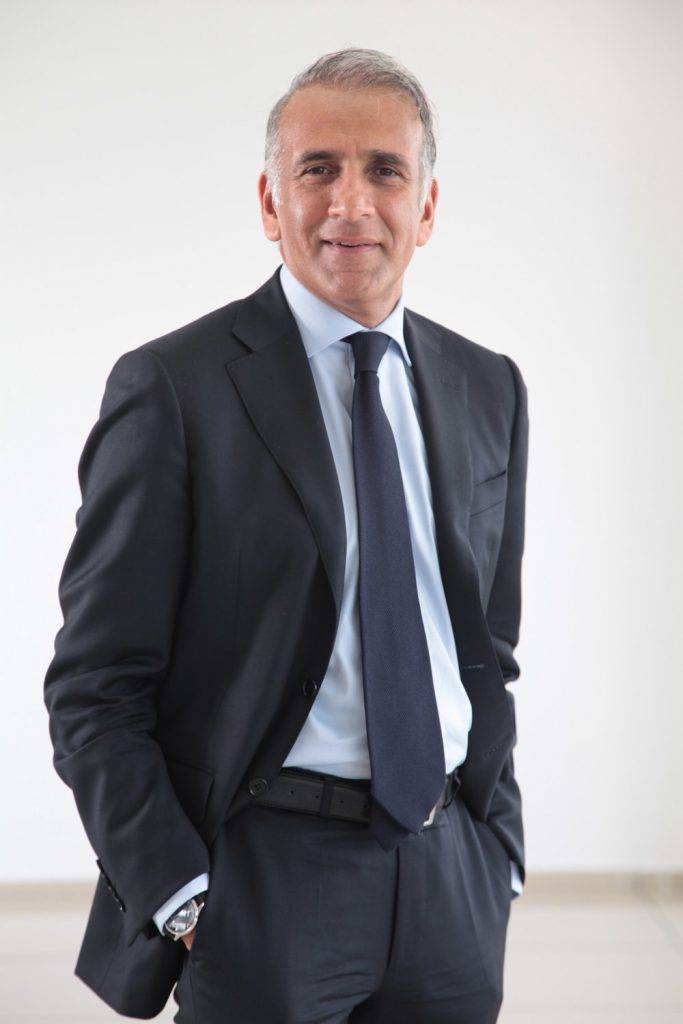
With claims to holdings in a wide range of segments – including agribusiness, consumer goods, hospitality, private aviation, utilities, pay television, and security services – Sipromad Group currently boasts up to USD 350 Mn in annual revenue. And it is not out of place to assert that Ylias Akbaraly has been more than instrumental towards that growth and success.
His grandfather started by trading in consumer goods like sugar and salt in Belo Tsiribihina, and even though the venture did yield a decent stream of income, things were to get even better when he handed the baton over to Sermamod Akbaraly, Ylias’ father.
Now holding the reins, Sermamod sensed bigger opportunities in Antananarivo, and in 1972, he moved the business to the capital city of the island nation. And that was to mark the birth of Sipromad as we know it.
With the money he had saved up, Sermamod ventured into manual production of soaps, candles, and shoe polish. These products found a market in small, informal traders in the city.
Those days, Ylias would spend time with his father in the small factory, along with his two sisters. He would run errands for his father and some of the employees. The business fascinated him – the idea of transforming raw materials into items of value excited his childish fancy and he wanted to be nowhere else.
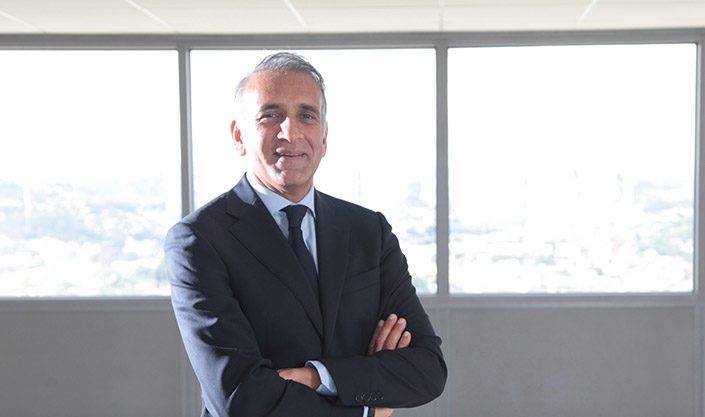
His elementary and high school days were dotted with stints in both France and his homeland, and it was kind of a given that when the time for advanced studies came, he headed to Paris to study Management at Institut Superieur de Gestion (ISG). This was 1981. He followed that up with a Masters Degree in Product Marketing at Berkeley University in California.
His post-graduate studies took him to Reunion Island – an island in the Indian Ocean, east of Madagascar – where he had secured an internship at Bourbon Industrial Society; a distribution company that stood in for the Colgate and Palmolive brands in the island country.
Through that internship, Ylias was able to acquire extensive knowledge on the intricacies of running a business – one that was to serve him so well when he eventually got hold of the baton at Sipromad.
Ylias returned to France after his time at Reunion Island. He worked in the retail industry briefly before relocating to the U.S.A. The idea was to advance in his academic career but one phone call from his father was to change all that.
Sermamod had grown wary that Ylias had grown too suited to life in the States and had probably forgotten that there was a business to run back home. He relayed this over a phone call. And by time Ylias replaced the telephone on its cradle, his father had made it clear that Madagascar’s economy was ripe for the taking and he could be part of the revolution. According to the old man, he had read too much already and it was time to put some of that knowledge to use.
Ylias Akbaraly returned to Madagascar in 1989 and joined the family business as Sales Manager, and later became its Commercial Director. At that point, the company was grossing no more than USD 20 K annually. His father had always made it clear that he would one day run the company on his own, but now that he was in, he was not going to wait to effect the much-needed changes he had identified.
Sipromad was doing fairly good at the time but compared to a few other companies operating in the space, it wasn’t doing great. At that time, the business was involved in the manufacture and distribution of soap, shoe polish, candle, and cleaning products, but Ylias knew the company’s sales could do better.
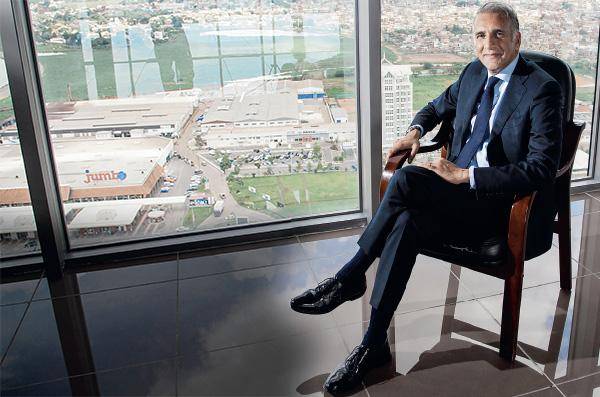
So, he went to work on that front. From his findings, it was evident that the company’s products weren’t selling much because of its relatively steep pricing. There had to be a way to cut down on the pricing without compromising on quality, and he came up with one.
“Many of our customers complained about our pricing. At the time most of the wax shoe polish that was available in the market – including ours, came in 3000, 2000 and 1000 cm³ cans. I decided that we could package in a smaller 400 cm³ can and sell at a much cheaper price,” he recalls.
The decision proved a masterstroke and before long, Sipromad’s brand of polish had overtaken all others in the market. While margins may have decreased, it was more than compensated for by volume of sales which shot through the roof. And the same method was applied to the company’s other products.
By that time, his father had grown confidence in his ability to steer the company, the old man was now on the sidelines. And with the power he now wielded autonomously, Ylias masterminded the acquisition of a big-time candle factory in Antsirabé – some 180 kilometres south of the capital.
The acquisition was buoyed by loans he obtained from banks and given that the country had always had a checkered history with power generation, the candles sold without much fuss. With the profits, he ventured into other businesses.
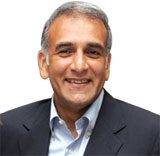
In the years that followed, Ylias expanded Sipromad’s portfolio aggressively. After making a killing from the importation of construction materials like cement into the country, he soon launched a construction company that went on to secure a lucrative contract – construction of the Muhajanga Airport on Madagascar’s west coast.
Next, he forayed into real estate and property development, acquiring cheap lands and residential properties both within and outside Antananarivo, building residential properties and letting it go at decent profits.
Interestingly, Sipromad’s property portfolio currently encompasses over 200 residential and commercial properties across Madagascar, including the famous Orange Tower in Antananarivo’s city centre – while having a net valuation of around USD 300 Mn on its own.
Apart from the holdings in real estate, the group’s flagship company, Sipromad Trade and Distribution, have since added detergents and cigarettes to its production line – in addition to soap, bleach, shoe polish and candles. Sipromad also has its hands in hydropower, pharmaceuticals, biometric security systems, private aviation, and hotel business.
Away from Madagascar, Sipromad has its footprints in Mauritius and Seychelles where it has ownership of an IT and telecom company known as Broadcasting Media Solutions Indian Ocean (BMS-IO).
According to most recent publications, Ylias Akbaraly’s net worth currently stands at USD 700 Mn, considering his assets and stake in Sipromad Group – a company he built into the juggernaut that it is today. He is also the largest individual shareholder in Madagascar’s BM Bank.
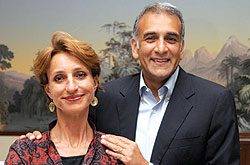
When the Malagasy entrepreneur is not making money, he seems to be rendering a helping hand with it. Through the Akbaraly Foundation, Ylias and his wife, Cinzia; a cancer survivor herself, collaborate with international aid organisations to run programmes which border on awareness creation, prevention, diagnosis, and treatment of cancer.
Apart from funding cancer research, training medical/paramedical staff, and establishing health centres, the Akbaraly Foundation has also developed humanitarian projects in education and food security. And all that philanthropy has not gone unnoticed as the Malagasy businessman has been the recipient of numerous national and international honours.
Despite already accomplishing what is no mean feat by transforming the small family business into a conglomerate, Ylias still has ambitions of taking Sipromad Group to a number of countries in sub-Saharan Africa.
Featured Image Courtesy: harris.uchicago.edu